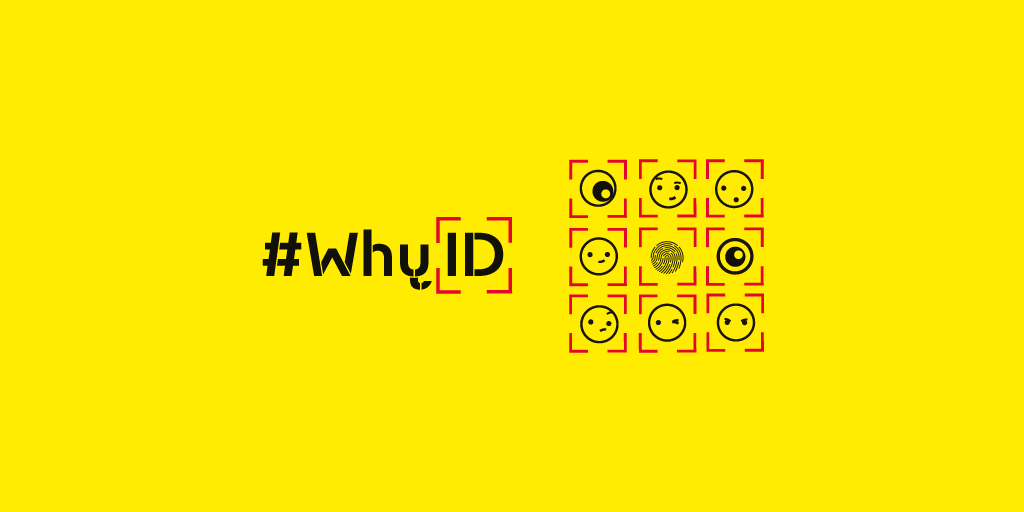The Principles on Identification for Sustainable Development (the “Principles”), facilitated by the Identification for Development (ID4D) team at the World Bank, provide an important framework for the development of digital identity systems across the world. They are endorsed by many global and regional organisations that are active in funding, designing, developing, and deploying digital identity programmes globally, especially in developing and less developed countries.
Digital identity systems are often central and pervasive in the lives of individuals, as they become gateways for important services, and in many instances serve as the foundation for a person’s legitimacy or citizenship in a country or region. Given that these systems are being deployed in countries with varying levels of technological, economic, infrastructural, and governance-related development, it becomes important that the principles are relevant to the needs and realities of the people in the regions and countries that are scaling the development curve.
The use of digital identity systems has real-world impacts on individuals globally, particularly those who are less privileged. Digital identity systems impact human rights. The Principles must, from their very conceptualisation, seek to protect the human rights of the individual. At Access Now, we have been working on the impact on human rights of digital identity systems. Our paper, National Digital Identity Programmes: What’s Next?, examined three case studies and provided 15 principles that serve as benchmarks to ensure that digital identity systems protect human rights. These principles are under three categories: “Data Protection and Privacy,” “Governance,” and “Cybersecurity.”
Further, Access Now, serving as a facilitator of the global #WhyID community, presented the #WhyID letter to international decision-making stakeholders last year. This letter outlines the basic human rights issues that national and humanitarian digital identity programmes entail, and raises questions which must be asked of those developing a digital identity programme to ensure that these programmes protect human rights.
As an international organisation committed to defending and extending the digital rights of users at risk, we now offer our feedback to the World Bank on the Principles from a human rights perspective. Our comments are grounded on the principles and questions raised in our policy paper and the #WhyID letter. We first provide thematic comments on the principles and then specific comments for some principles.
In our response, we advocate for:
- rights-respecting development of digital identity programmes through policies such as purpose limitation;
- ensuring a multiplicity of identity programmes;
- eliminating the surveillance potential of identity programmes;
- restraining data sharing of identity data between departments of governments;
- protecting user privacy;
- conducting human rights impact assessments of identity programmes; and
- ensuring truly inclusive consultations before developing such programmes.
Further, we call on signatories to the Principles to make key commitments. We call on them to commit to refrain from engaging with identity programmes that do not adhere to the Principles, and to restrict funding and support for such programmes. The signatories must also institute mechanisms to allow civil society organisations to provide feedback to the projects they do support and fund.
For more information, please contact: identity@accessnow.org, or visit the #WhyID site.
